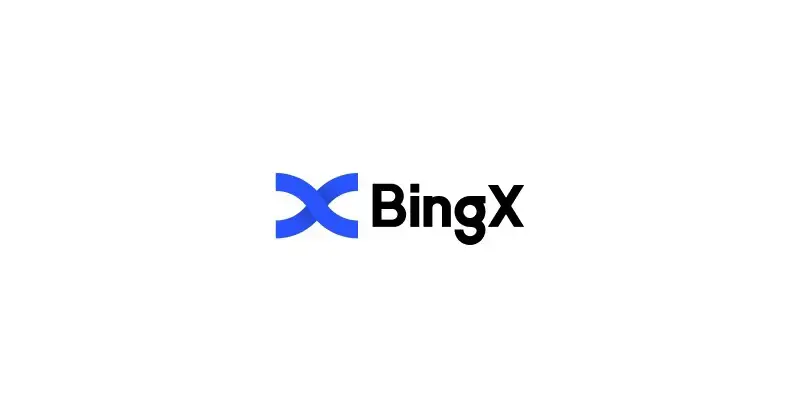The intersection of web browsers and search engines plays a pivotal role in shaping users’ online experiences. Microsoft, a key player in the technology landscape, has been making strategic moves to enhance its search engine, Bing. In a recent development, Microsoft has set its sights on becoming the default search engine in the Firefox web browser. This move has ignited discussions about the dynamics between browsers and search engines, the implications for user choice, and the potential impact on the search engine market. In this comprehensive analysis, we explore Microsoft’s pursuit to integrate Bing into Firefox, the motivations behind this endeavor, the broader implications for the browser and search engine ecosystem, and the possible reactions from users and industry players.
I. Browser and Search Engine Synergy:
The integration of search engines into web browsers is a strategic endeavor that shapes user behavior, search habits, and the competitive landscape.
II. Microsoft’s Stance in the Search Market:
Bing’s Evolution: Microsoft’s Bing has evolved significantly, introducing advanced features and technologies to compete with established players.
Market Share: Despite challenges from industry giants, Bing has steadily gained market share and garnered user attention.
III. Firefox’s Role in the Browser Landscape:
Browser Choice: Firefox, developed by Mozilla, is known for its commitment to user privacy and an open internet.
User-Centric Philosophy: Firefox’s focus on user empowerment and privacy aligns with Microsoft’s vision for Bing.
IV. Microsoft’s Efforts to Integrate Bing into Firefox:
Strategic Partnership: Microsoft aims to collaborate with Mozilla to make Bing the default search engine in Firefox.
User Experience Enhancement: The integration seeks to enhance user experience by providing them with an alternative search option.
V. User Choice and Competition:
User Autonomy: The integration of Bing prompts discussions about users’ ability to choose their preferred search engine.
Healthy Competition: Microsoft’s initiative stimulates competition among search engines, potentially leading to further innovation.
VI. Implications for Search Engine Market Dynamics:
Shifting Landscape: Microsoft’s move can impact the dominance of existing search engine giants and introduce more diversity.
Market Share Redistribution: The integration could result in changes in search engine market share, potentially affecting ad revenue distribution.
VII. User Reactions and Privacy Concerns:
User Acceptance: Users’ reactions to the integration will shed light on their willingness to embrace Bing as their default search engine.
Privacy and Data Protection: Privacy-conscious users may scrutinize Bing’s data collection practices in comparison to other search engines.
VIII. Industry Competition and Innovation:
Search Algorithm Advancements: Increased competition may push search engines to refine algorithms, enhancing search accuracy.
Feature Development: Rivalry among search engines could result in the introduction of new features that benefit users.
IX. Potential for Enhanced User Experience:
Personalization and Customization: Bing’s integration may lead to tailored search results that align with user preferences.
Seamless Integration: The collaboration could result in a cohesive user experience where browser and search engine work seamlessly.
X. Collaboration for a Dynamic Future:
Microsoft’s bid to become the default search engine in Firefox highlights the importance of collaboration and competition for the evolution of the internet landscape.
Conclusion:
Microsoft’s strategic move to make Bing the default search engine in Firefox represents a significant step in the evolving landscape of browsers and search engines. This endeavor underscores the critical interplay between tech giants, user preferences, and the competitive dynamics of the digital world. The integration has the potential to reshape user habits, influence search engine market share, and stimulate innovation among industry players. As users adapt to this integration and voice their preferences, the tech community will gain valuable insights into the future of browser and search engine relationships. Ultimately, this collaborative effort between Microsoft and Mozilla illustrates the intricate balance between user choice, competition, and the quest to enhance the digital experience for users worldwide.











